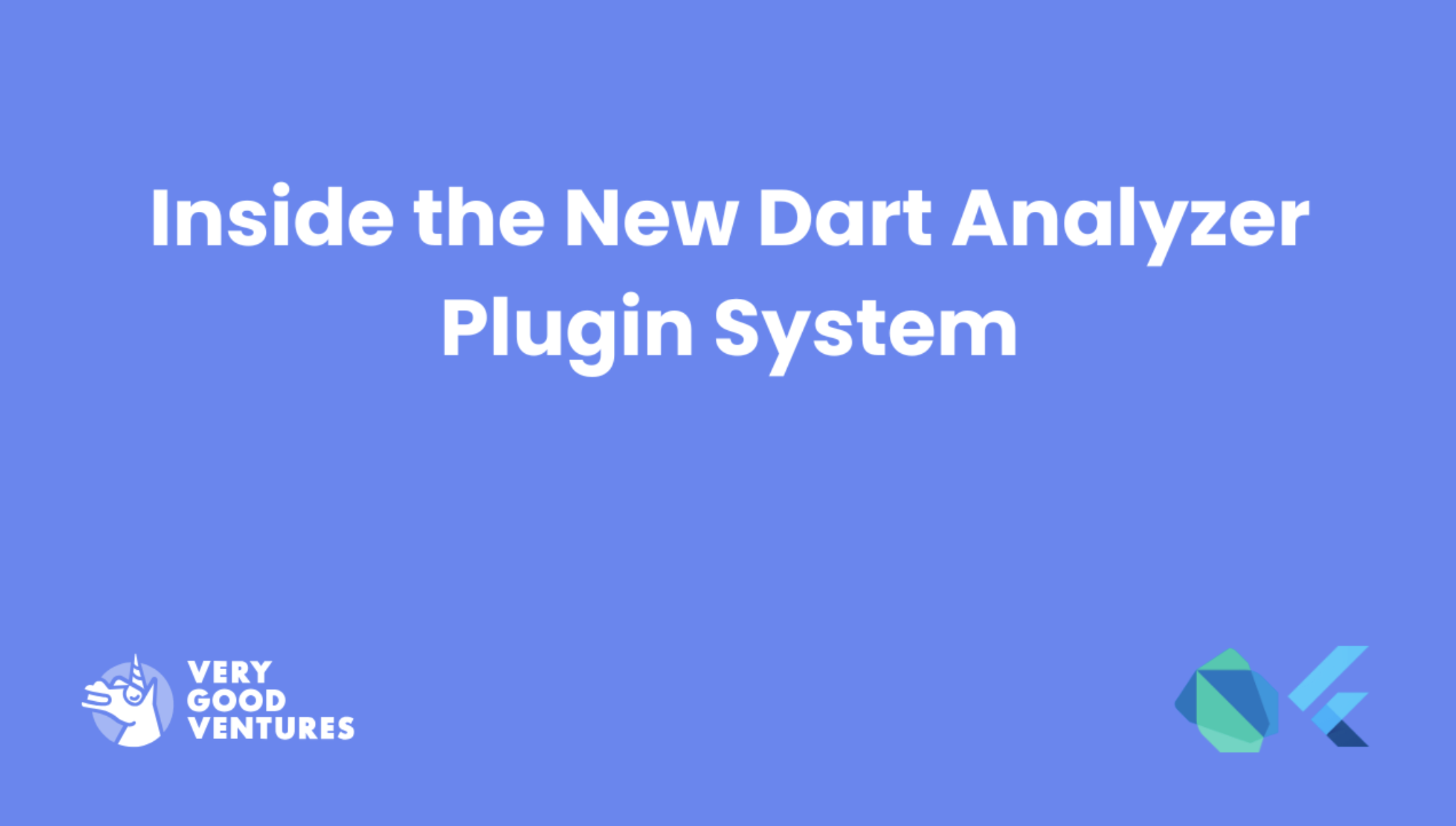The T3 Engineering Leadership Summit 2024 builds a strong case for the #unconference
Reimagining Tech Leadership: The Power of "Unconferences"
.png)
The T3 Engineering Leadership Summit builds a powerful case for the #unconference format and the need for a strong return to in-person discussion and collaboration among peers spanning diverse organizations and roles.
On September 17, 2024, VGV co-sponsored the T3 Engineering Leadership Summit in NYC along with Betterment, AppDome, Touchlab. The event was organized by the team behind Droidcon and Fluttercon, and was described as “where senior technical leaders managing software development teams can network, exchange ideas, share problems and learn from their peers.” Importantly, the event was invite-only with a guest list oriented to include senior technology and engineering leaders.
An #unconference
When the organizers first explained the proposed format to me, I was leery — the idea was to run multiple concurrent moderated roundtable discussions, where all of the attendees would be active participants.
Most conferences feature 1-to-many presentations or moderated panels on stage that set the role of the audience as a pure consumer. In this #unconference format, there were no speakers and all attendees were expected to participate in the discussion. I hadn’t experienced a format like this, and based on my past conference experiences I was uncertain if the engagement would be there. Most importantly, I was concerned people may not decide to attend or would not derive enough value without specific speakers delivering polished presentations about specific topics.
I was very pleasantly surprised!
The invite-only and senior focus
First, because the event was invite-only it meant that the attendee list was well curated. Additionally, invite-only events tend to be more network and referral driven. These aspects helped ensure that the attendees were well informed about the nature of the event and were more likely to be strong contributors to the conversation.
Additionally, the focus on people in more senior leadership roles meant that the attendees all had a lot of experience and confidence in their points of view. They also were generally comfortable speaking in front of groups and sharing their ideas collaboratively.
These factors combined such that, in the groups I was a part of, there was always a lively and active discussion. Smaller groups tended to be more intimate and larger groups tended to be a bit more loose, so there were some differences. But overall, the discussion was varied and lively.
Open & Flexible Conversation
A big factor I hadn’t considered in an #unconference format is that that lack of clear narrative and structure is one of the value-adds. In a typical conference format, the presentation narrative is locked and you’re along for the ride whether you value the content or not.
In the open discussion format at T3, each table had a theme and moderators were there to navigate the time effectively. But, the conversation was allowed to flow and develop naturally based on the input and interest areas of the attendees. I found this fascinating as it allowed us to go deep in some areas while completely skipping over other areas. If I had been the presenter, I would have been guessing about what mattered to the audience; but in this format we could pivot to the most engaging areas.
Perhaps most importantly, the content was varied and infused with the experiences and points of view of a lot of different people. This was fun and exciting because we could identify areas of consistent alignment as well as find divergences and constructively challenge ideas as they arose.
Built-in icebreaking
One of the things I hate about most conferences is the inefficient use of time between talks for networking. Generally, I’m more interested in the people attending the conference than I am in any particular talk. However, we’re generally left to mill about and strike up conversations with random people that may or may not be mutually relevant connections.
In the #unconference format you start discussions with other attendees naturally as part of the event. So by the end of the day, you’ve already been talking with a ton of people at the event. This meant that the talking never ceased even in the spaces between sessions. The flow of discussion was natural and the awkwardness of striking up a new conversation was eliminated. In fact, the conversation never stopped in between sessions as attendees just kept talking.
Reflections on Cross-Platform Development in the Age of Engineering Efficiency
Throughout the day there were 3 concurrent moderated roundtables with different focus areas. I was a moderator for one called “Cross-Platform Development in the Age of Engineering Efficiency”, and I was pleased to have a large and engaged group. We had people deeply experienced with KMP, React Native, Flutter, and native software development; so we were able to cover the topic from many angles.
Cross-Platform is no longer risky or a compromise
Perhaps my biggest takeaway from this session was the feeling that cross-platform solutions are no longer seen (at least by this group) as a compromised or second-class solution compared to Native. Sure, Native is generally seen as “closest to the metal” but it comes with major organization costs and management issues. On the flip side, cross-platform has some limitations and considerations (as all technologies do) but the efficiencies cannot be ignored.
The key insight was that all of these tools (React Native, Flutter, KMP) have matured and improved significantly since the early days. Cross-platform in general suffers from a stigma that they are somehow inferior or majorly limited, but from the perspective of this group, those stigmas are based on old data that is no longer true. The question is how many engineers and companies are ignoring the benefits of cross-platform based on experiences they had 5 years ago or more, and meanwhile these technologies have improved significantly.
Cross-Platform is a natural progression to no-platform
One of the most interesting insights for me that emerged was the feeling that in general technology is progressing to where engineers can work on any platform. Cross-platform (e.g., React Native) enables an engineer to work on both iOS and Android platforms. Multi-platform (e.g., Flutter) enables an engineer to work on mobile, desktop, linux, and many other platforms. As these tools, AI, and other sources of productivity continue to develop, engineers will have more and more tools at their disposal to contribute to any platform. In other words, in the long run engineers may reorient from platform-specific focuses to being purely focused on product wherever that product needs to be.
Additionally, we discuss how even the native platforms are converging around similar architectures and patterns. There is more similarity between Jetpack Compose, Swift UI, and Flutter than most people realize or talk about. Learning one of those tools is a step in the right direction to learning the others. That didn’t used to be the case in mobile development. What that means is that developers learning these tools are becoming more portable and adaptive.
You should consider attending the next T3 Summit too!
In the end, I had a great day and the feedback I heard from others was resoundingly positive. Given that this was a brand new event with a different kind of format, I think it was a big success. We had 40-50 attendees, which exceeded our expectations, from a mix of major companies (e.g., Norwegian Cruise Lines, Peloton, Blade, Meta, eBay, Betterment, NY Times, and many more) as well as variety of consultancies (e.g., VGV, Accenture, Blue Orange, LeanCode, Eskridge, and more).
Most importantly, the discussions were engaging and the open format created more opportunities to meet other attendees than any other conference I’ve ever attended.
So I’d definitely recommended following @T3 Software Engineering Leadership Summit and considering attending their next event.
Insights from Our Experts

Mastering CustomPainter in Flutter: From SVGs to Racetracks
Lorem ipsum dolor sit amet, consectetur adipiscing elit. Suspendisse varius enim in eros elementum tristique. Duis cursus, mi quis viverra ornare, eros dolor interdum nulla, ut commodo diam libero vitae erat. Aenean faucibus nibh et justo cursus id rutrum lorem imperdiet. Nunc ut sem vitae risus tristique posuere.
.png)
Inside Codemagic’s Rise: Flutter, Community, and the Future of Developer Tools
Lorem ipsum dolor sit amet, consectetur adipiscing elit. Suspendisse varius enim in eros elementum tristique. Duis cursus, mi quis viverra ornare, eros dolor interdum nulla, ut commodo diam libero vitae erat. Aenean faucibus nibh et justo cursus id rutrum lorem imperdiet. Nunc ut sem vitae risus tristique posuere.

Creating Your First Dart Analyzer Plugin with the New Plugin System
Lorem ipsum dolor sit amet, consectetur adipiscing elit. Suspendisse varius enim in eros elementum tristique. Duis cursus, mi quis viverra ornare, eros dolor interdum nulla, ut commodo diam libero vitae erat. Aenean faucibus nibh et justo cursus id rutrum lorem imperdiet. Nunc ut sem vitae risus tristique posuere.



